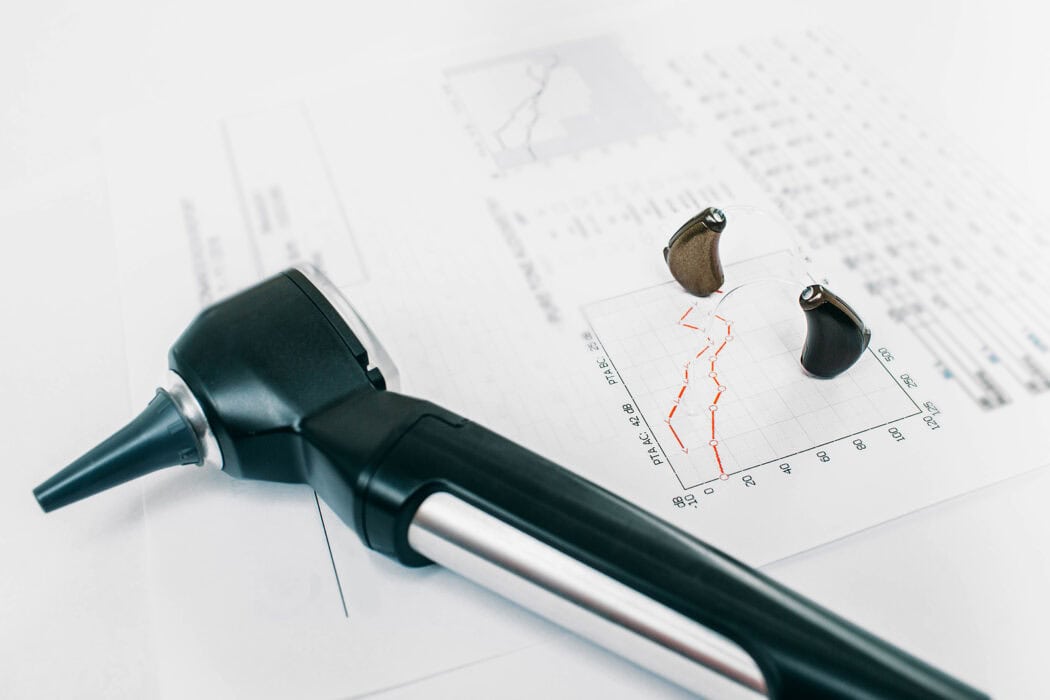Living with hearing loss can significantly impact your quality of life, affecting communication, social interactions, and overall well-being. Fortunately, advancements in audiology have led to innovative solutions, with hearing aids being one of the most effective interventions for managing hearing loss.
Let’s look at what you can expect during a hearing aid fitting, how to prepare for a consultation, and the benefits of getting the right hearing aid for your specific needs.
The Importance of Hearing Aid Fittings
Hearing aid fittings are an important part of getting custom hearing aids. These personalized sessions are designed to ensure that the hearing aid is tailored to your unique hearing needs, preferences, and lifestyle.
A well-fitted hearing aid can optimize sound quality, comfort, and usability, leading to a more seamless integration into daily activities. Additionally, hearing aid fittings provide an opportunity for you to learn more about proper device care, maintenance, and adjustment techniques, so you can maximize the benefits of your hearing aid.
What to Expect During a Hearing Aid Fitting
A hearing aid fitting typically involves several key steps to customize the device to your hearing profile and preferences. During the appointment, your hearing health specialist will:
- Review the results of your comprehensive hearing assessment to determine the extent and type of hearing loss.
- Discuss your communication needs, lifestyle, and expectations from the hearing aid.
- Select the most suitable hearing aid model based on your hearing loss, budget, and desired features.
- Customize the hearing aid settings, including volume levels, program options, and sound quality adjustments.
- Fit the hearing aid to ensure comfort and proper placement within the ear.
- Provide guidance on how to use and care for the hearing aid effectively.
- Schedule follow-up appointments to fine-tune the hearing aid settings and address any concerns or questions.
Preparing for a Hearing Aid Consultation
Before your next hearing aid consult, here’s how you can prepare to make the most of the appointment:
- Make a List of Questions: Write down any concerns, questions, or specific issues you would like to address during the consultation.
- Bring a Companion: Having a family member or friend accompany you can offer support and help recall important information discussed during the appointment.
- Bring Medical Records: Provide information about your medical history, previous hearing tests, and any existing conditions that may impact your hearing health.
- Bring a List of Current Medications: Inform your hearing health specialist about any medications or supplements you are taking, as certain substances can affect hearing or interact with hearing aids.
The Benefits of a Properly Fitted Hearing Aid
When your hearing aid is fitted properly, you’ll notice a lot of benefits including:
- Improved Communication: Enhancing the ability to hear and understand speech in various environments.
- Increased Social Engagement: Facilitating interactions with family, friends, and colleagues.
- Enhanced Quality of Life: Reducing feelings of isolation, frustration, and anxiety related to hearing loss.
- Better Cognitive Function: Supporting cognitive health by maintaining active engagement in conversations and activities.
- Confidence and Independence: Empowering individuals to navigate daily tasks and environments with greater ease and independence.
The Role of a Hearing Health Professional in Hearing Aid Fittings
Hearing aid fittings and consultations are conducted by qualified hearing health professionals. These experts have the knowledge, training, and experience to assess hearing needs, recommend suitable hearing aids, and provide ongoing support and care throughout the fitting process.
When you work closely with your hearing health professional, you’ll receive personalized, comprehensive care and can address any concerns or challenges related to your hearing aid use.
How to Choose the Right Hearing Health Professional
Ready to find a hearing health professional for your hearing aid fitting and consultation? Consider the following factors:
- Qualifications: Ensure the professional is licensed, certified, and experienced in hearing healthcare.
- Reputation: Seek recommendations from trusted sources, read reviews, and inquire about the professional’s track record of success.
- Communication: Choose a professional who listens to your concerns, explains information clearly, and establishes a rapport based on trust and collaboration.
- Accessibility: Consider the location, office hours, and availability of the professional to ensure convenient access to care and support.
Visit Us For All Your Hearing Needs
Ready to enhance your hearing experience with hearing aids? Contact us to schedule an appointment and take the first step towards better hearing health today.

